An exquisite, completely refurbished Georgian country house with grandeur, beauty and a brilliant treehouse
Harptree Court is a stunning west country home up for sale. Penny Churchill takes a look.

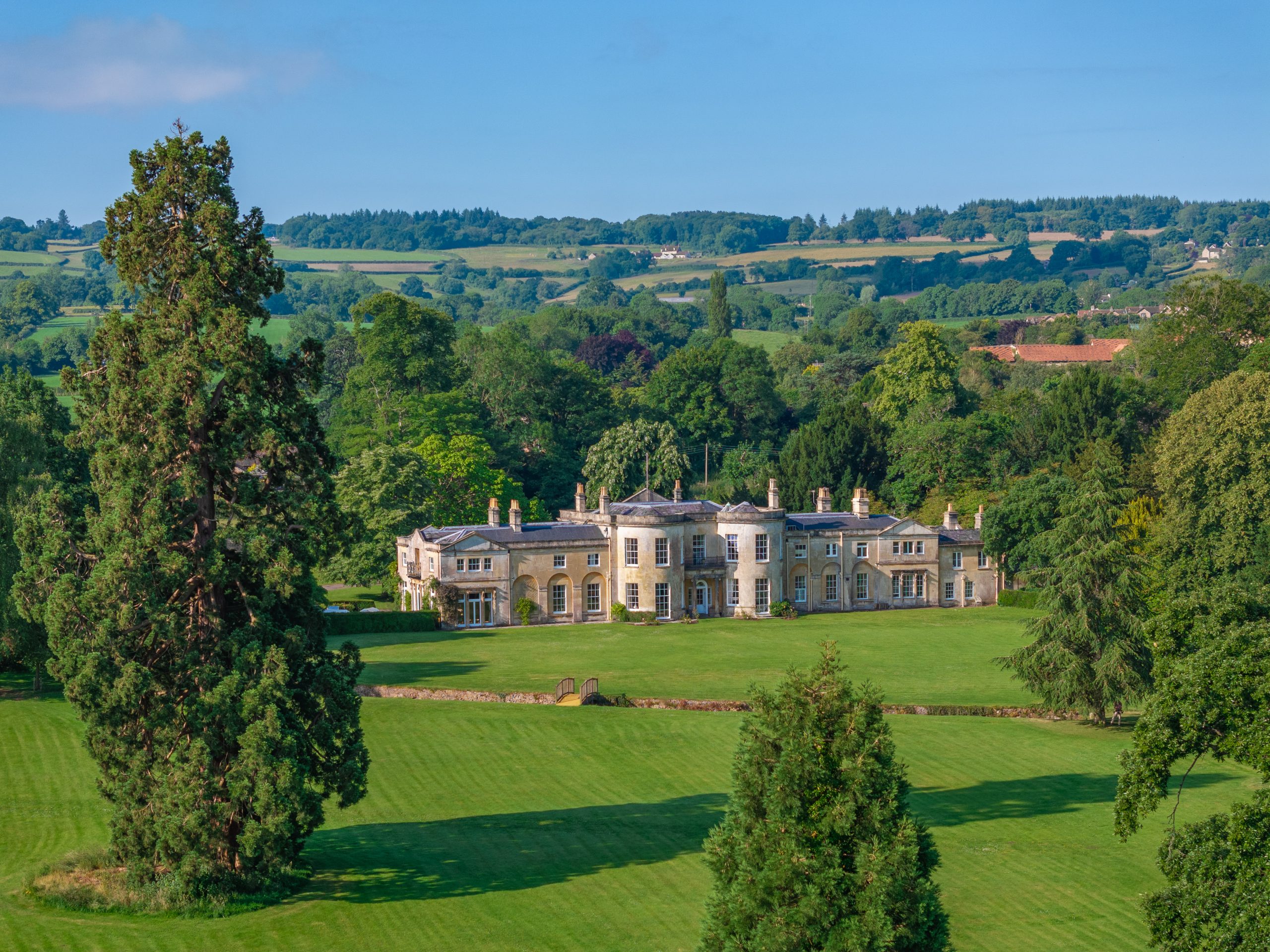
Exquisite houses, the beauty of Nature, and how to get the most from your life, straight to your inbox.
You are now subscribed
Your newsletter sign-up was successful
Somerset houses can boast a mix of owners as illustrious as that of grand, Grade II-listed Harptree Court, which stands in some 52 acres of gardens, spring-fed lakes, woods, pasture and parkland on the edge of the popular village of East Harptree, within the Mendip Hills National Landscape, nine miles from Wells, 13 miles from Bristol and 16 miles from Bath. Joint agents Knight Frank and Savills quote a guide price of £6.75 million for the recently restored Georgian country house.
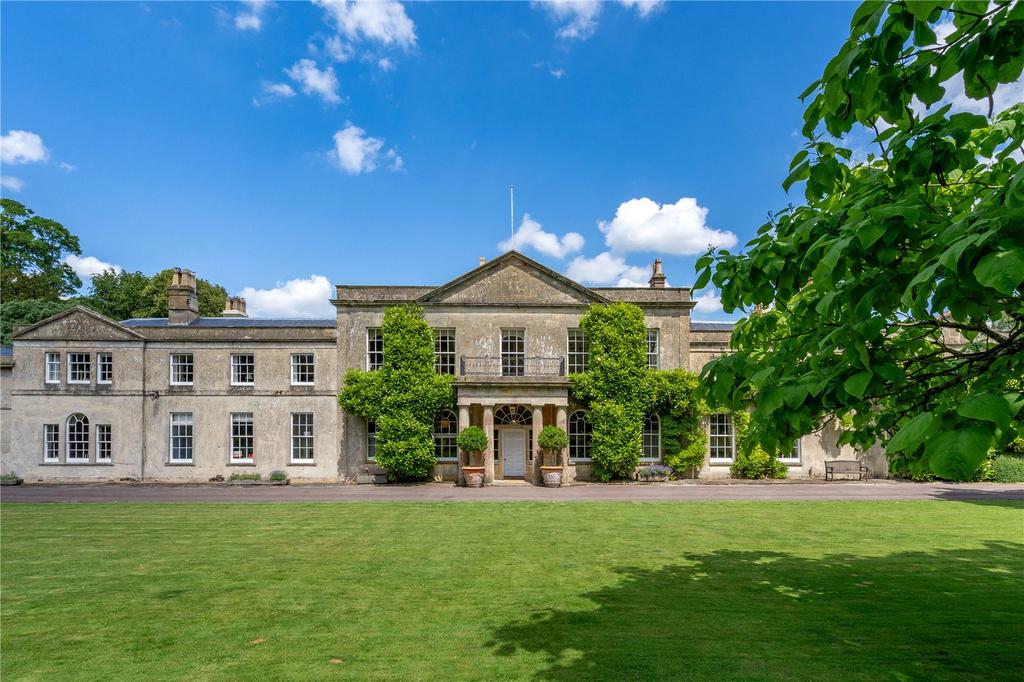
The house was built in 1797 (with 1820 additions) to the Classical designs of Charles Harcourt Masters of Bath, a successful surveyor and architect who was closely involved with the development of the city and also laid out formal gardens and grounds for many important houses, including those at Dyrham Park, Gloucestershire, and Harptree Court itself.
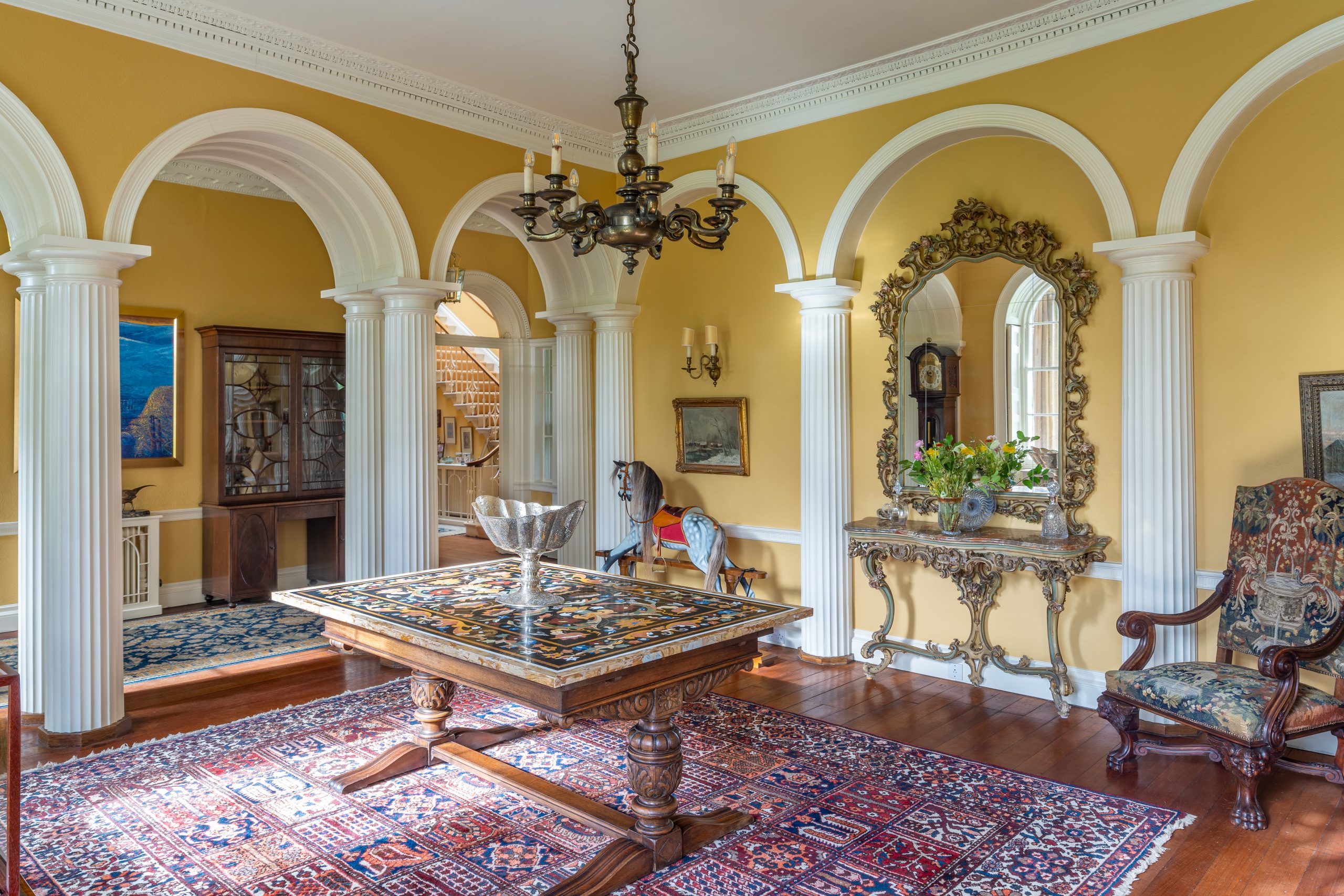
Originally known as Richmond Hall, Harptree Court was built for Joshua Scrope, a wealthy Lincolnshire landowner who was born John Peart, but, in 1792, changed his name to Scrope when his wife, Mary, inherited a large fortune from her maternal uncle, Frederick James Scrope.
Following Mary’s death in 1795, Joshua moved to a 1,200-acre estate in East Harptree, where he built the court.
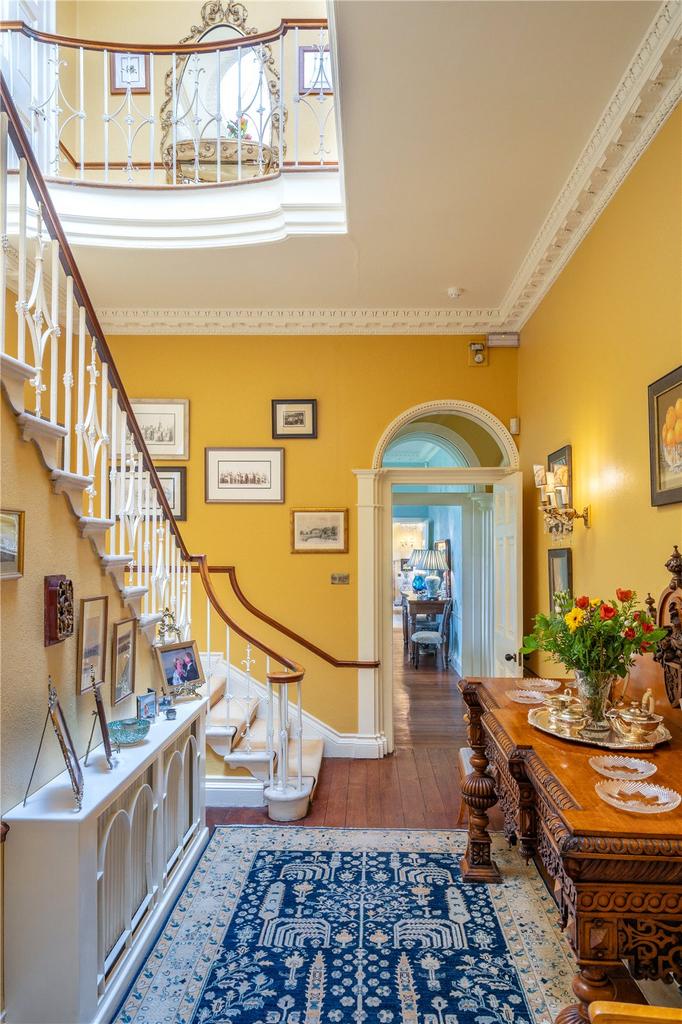
A year later, he married Ann Brydges, a rich widow who was a member of the landowning Phillipps family of Eaton Bishop, Herefordshire. The couple lived at Harptree Court until 1803, when they advertised the house for sale and moved to London.
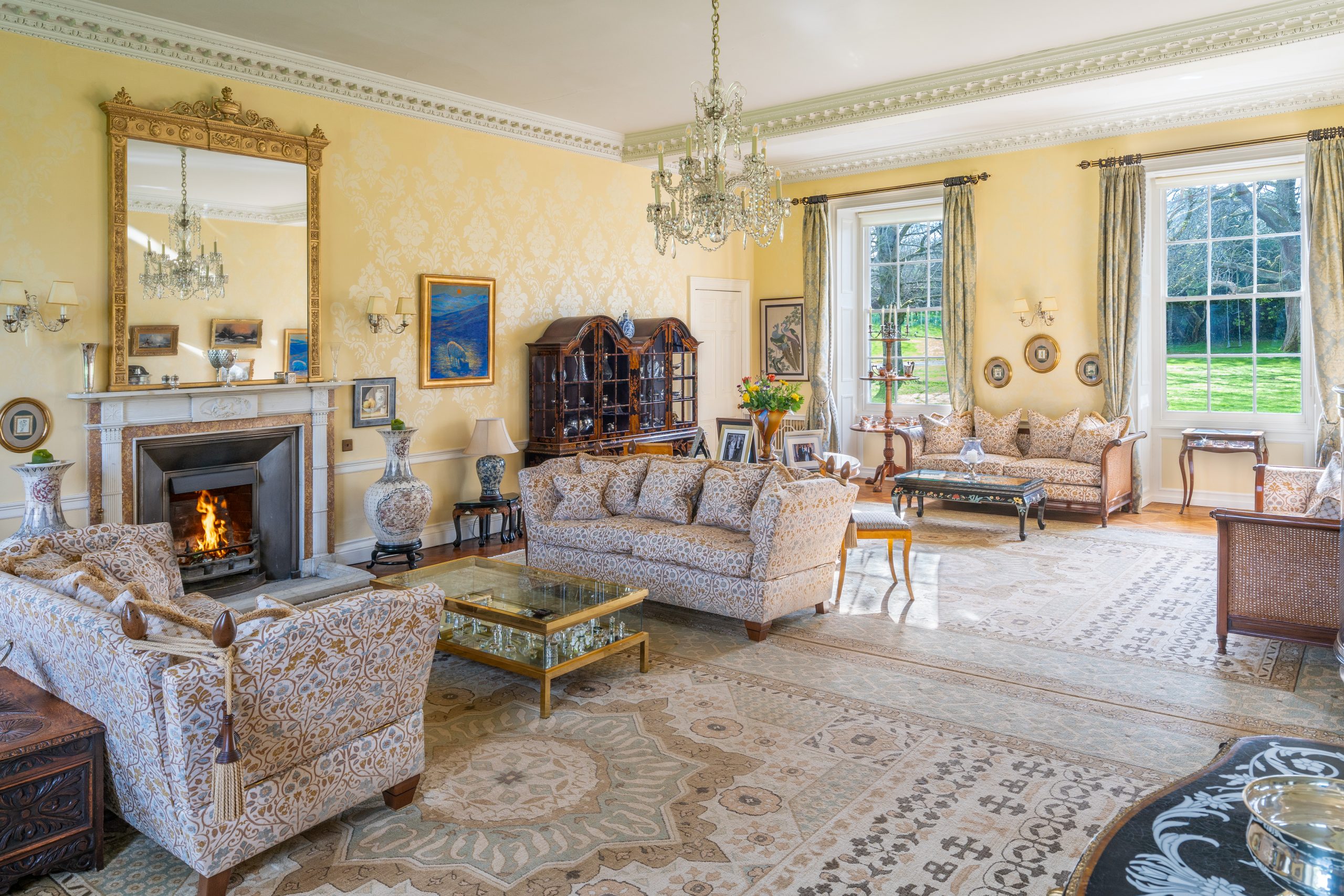
The house was bought for John James Waldegrave, 6th Earl Waldegrave, but lived in by his mother, the Dowager Countess of Waldegrave, who was listed in the Morning Post column of ‘Fashionable Arrivals and Departures’ on her moving to Harptree Court in 1806.
She was the widow of George, 4th Earl Waldegrave, and, in 1810, inherited Strawberry Hill House in London from her great-uncle, Sir Horace Walpole. On her death in 1816, both estates passed to her son. John James Waldegrave had succeeded to the peerage in 1794 on the death of his brother, George, who drowned in the Thames near Eton.
Exquisite houses, the beauty of Nature, and how to get the most from your life, straight to your inbox.
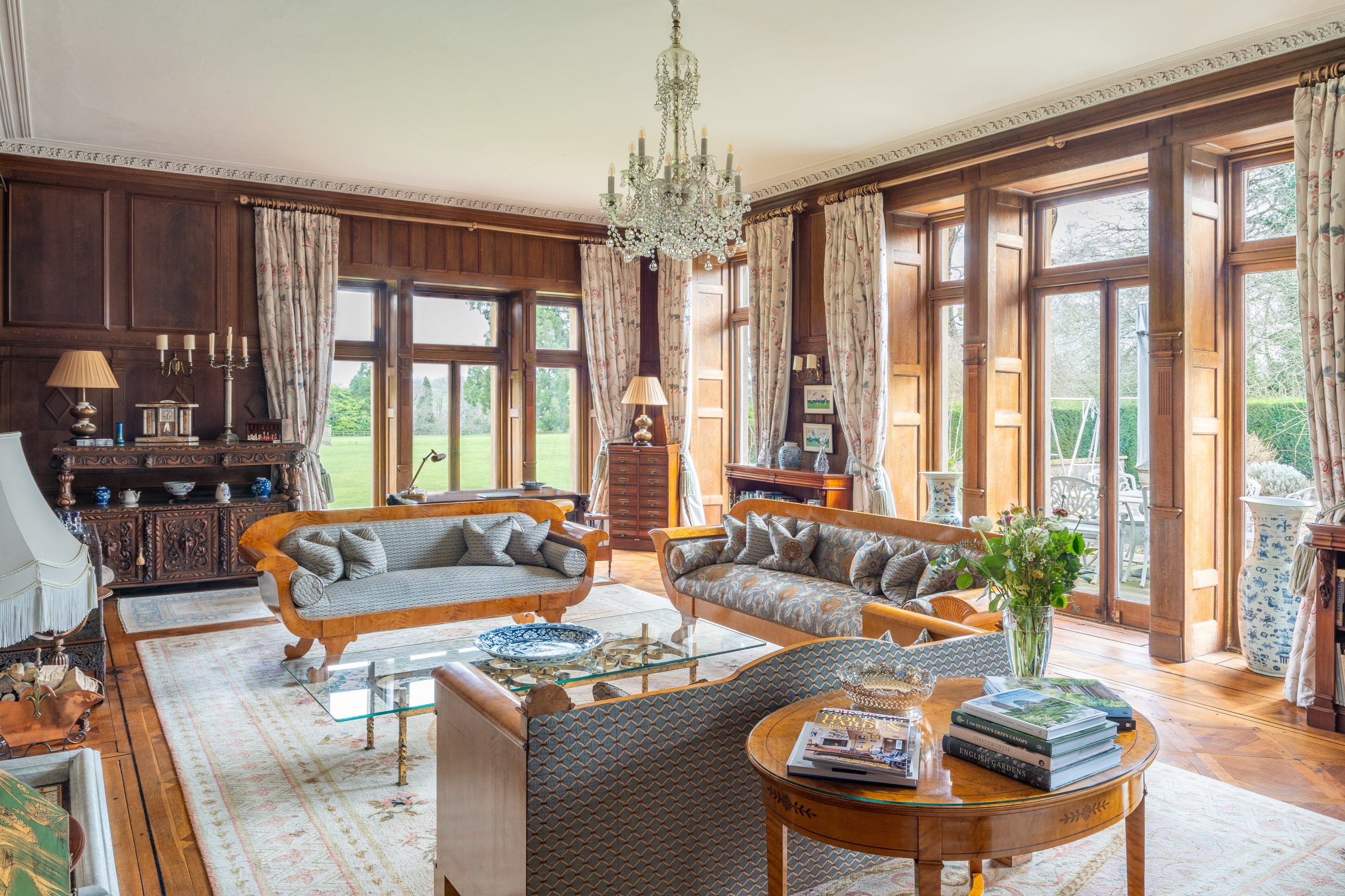
When John James died in 1835, his 19-year-old son, George Edward Waldegrave, the 7th Earl, inherited the family estates. He quickly ran up enormous debts and, in 1842, was forced to sell the family treasures at Strawberry Hill House, after which he and his wife went to live at Harptree Court. He died there in 1846, leaving his estates to his wife.
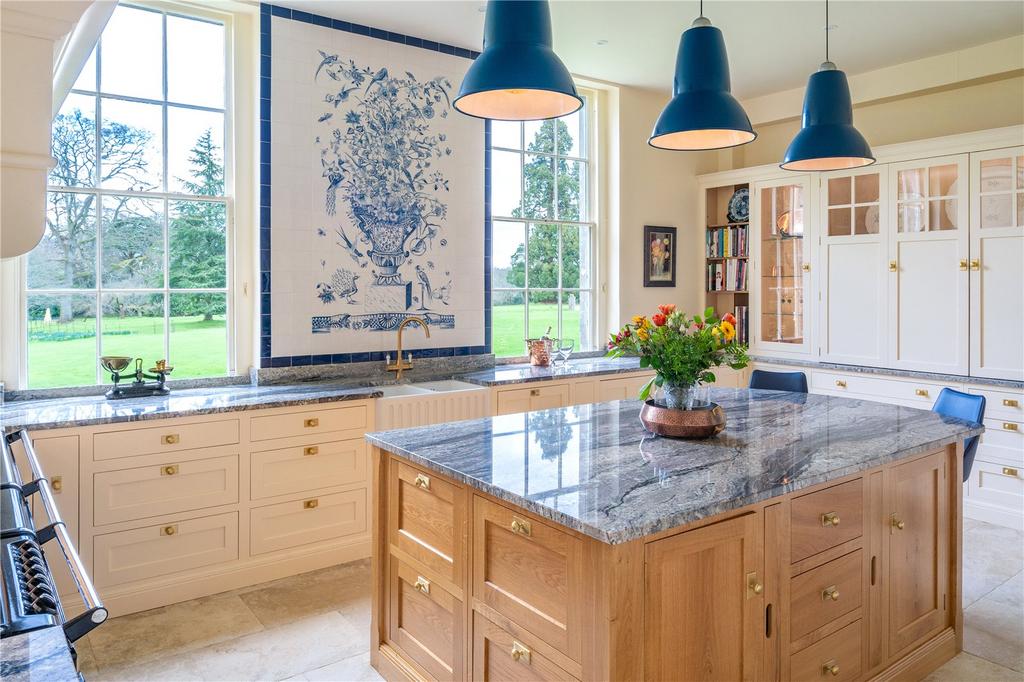
In 1858, the house was sold to Mary Jary Gurney, heiress of Richard Hanbury Gurney MP of Thickthorn Hall in Norfolk. She had married her cousin, John Henry Gurney, in 1846, but divorced in 1861 after she eloped with her footman, William Taylor, whom she later married.
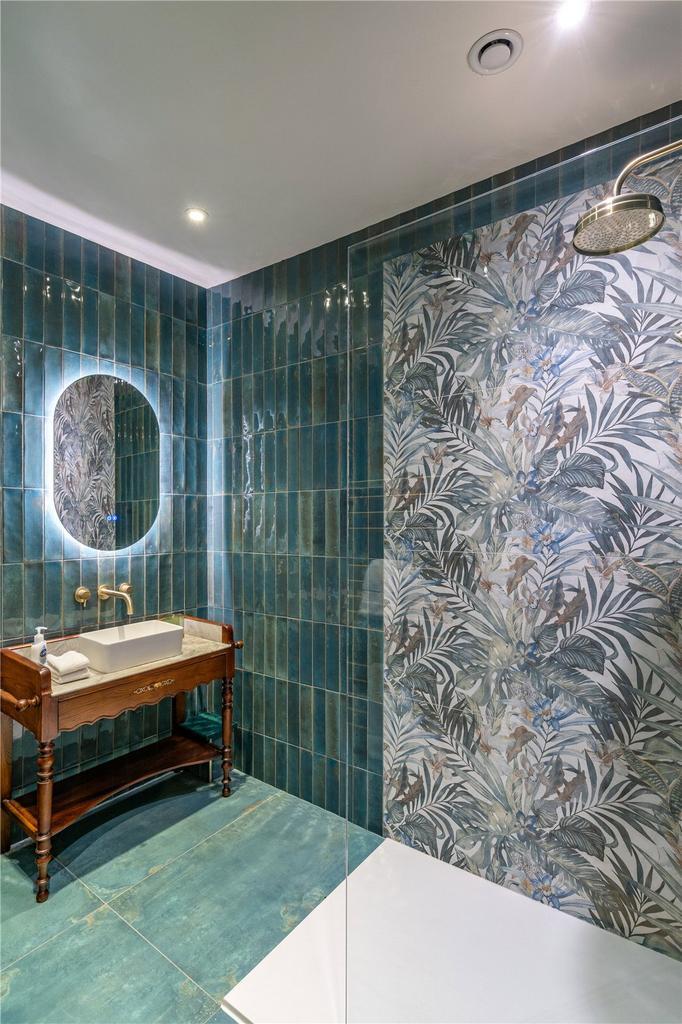
Taylor inherited her fortune when she died in 1872, and the following year, Harptree Court was again for sale. It was acquired by William Wildman Kettlewell who moved there following his marriage in 1875. The couple lived there until William’s death in 1916, after which the estate was sold to Charles Loraine Hill, in whose family it remained for the next 100 years.
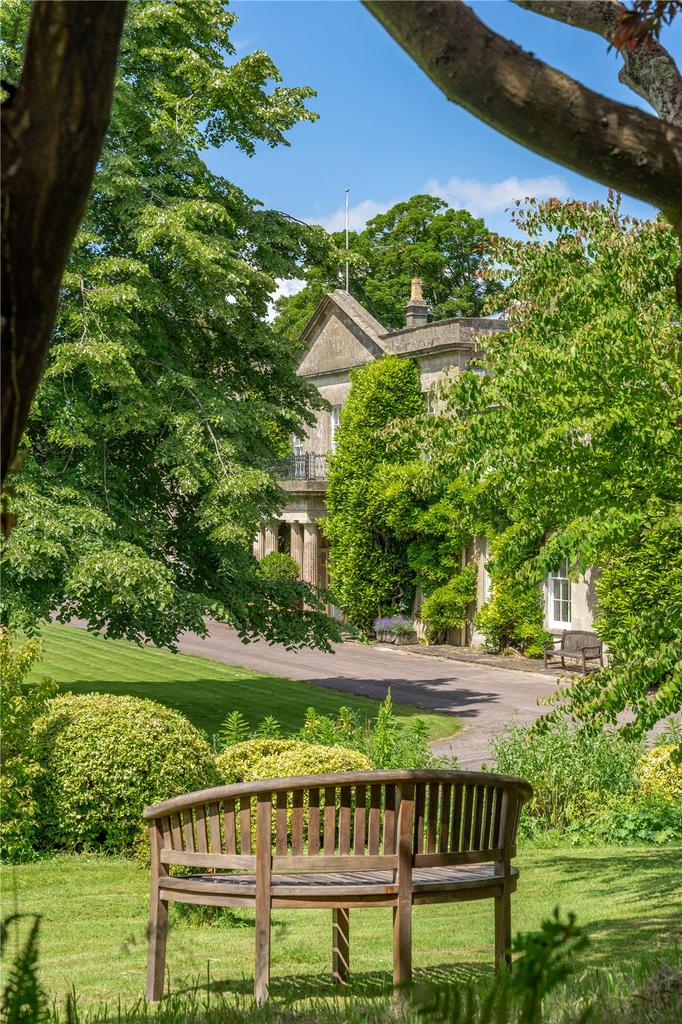
In 2020, the Hill family sold Harptree Court to the current owners, who have carried out a major renovation of the house and grounds, repairing the roof, updating heating and electrical systems and redecorating throughout.
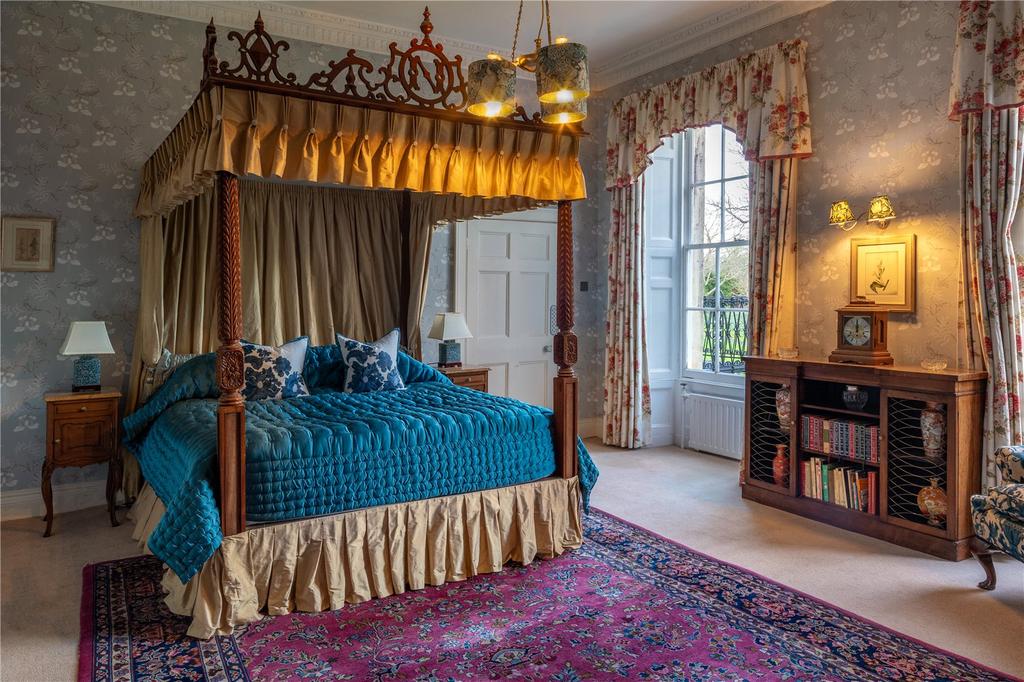
The house stands in a private setting on the edge of the village, surrounded by high stone walls and overlooking its own parkland. The property is accessed by two main drives from the north and east, which meet in a carriage drive at the front of the house, with a third entrance gate opposite the stableyard to the south-west leading directly into the village.
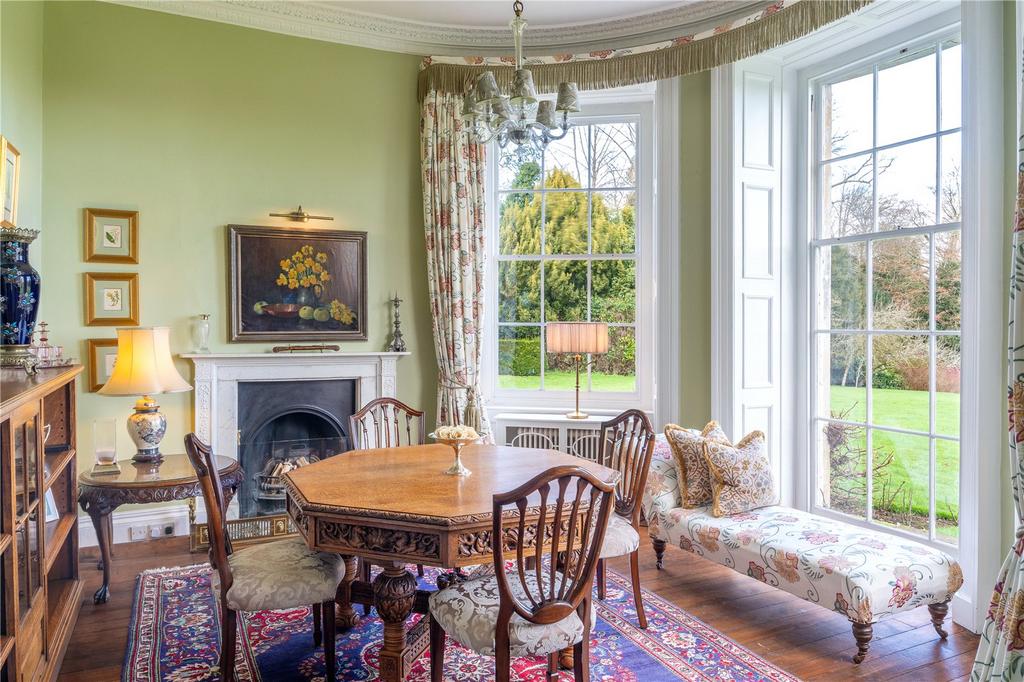
Harptree Court is arranged on an east-west axis, with the principal rooms looking out over the north lawn, where a ha-ha and a refurbished wooden bridge separate the gardens from the rolling parkland and pasture.
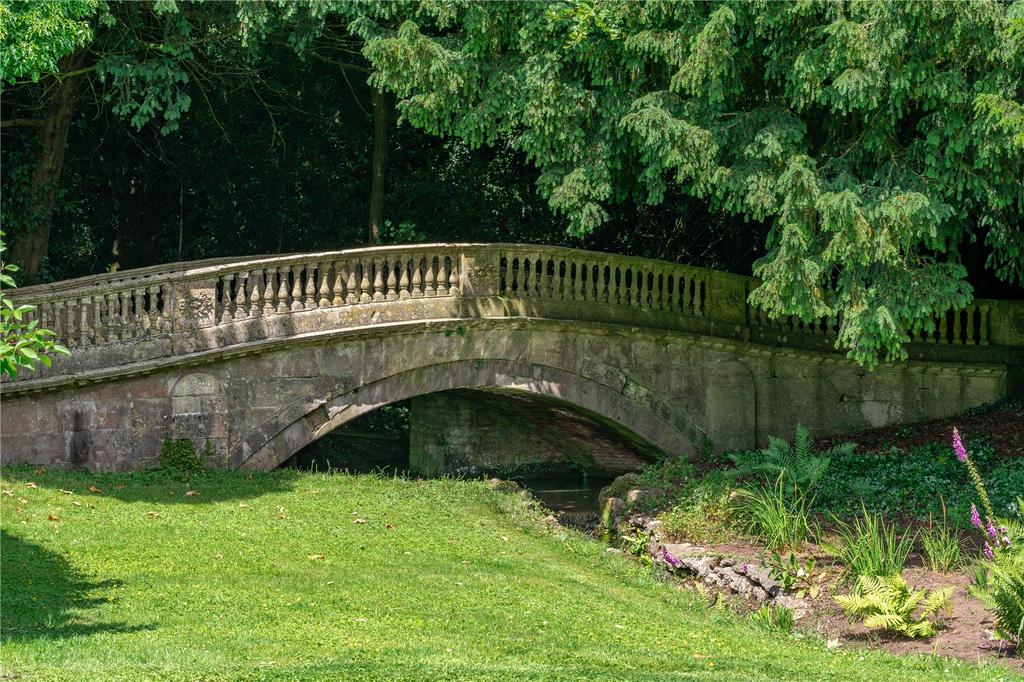
Harptree Court offers 11,750sq ft of elegant living space on two floors with a cellar beneath, including entrance and staircase halls, four fine reception rooms, a home office, snug, kitchen/breakfast room, four bedroom suites, seven further bedrooms, four bath/shower rooms, a nursery and staff flat.
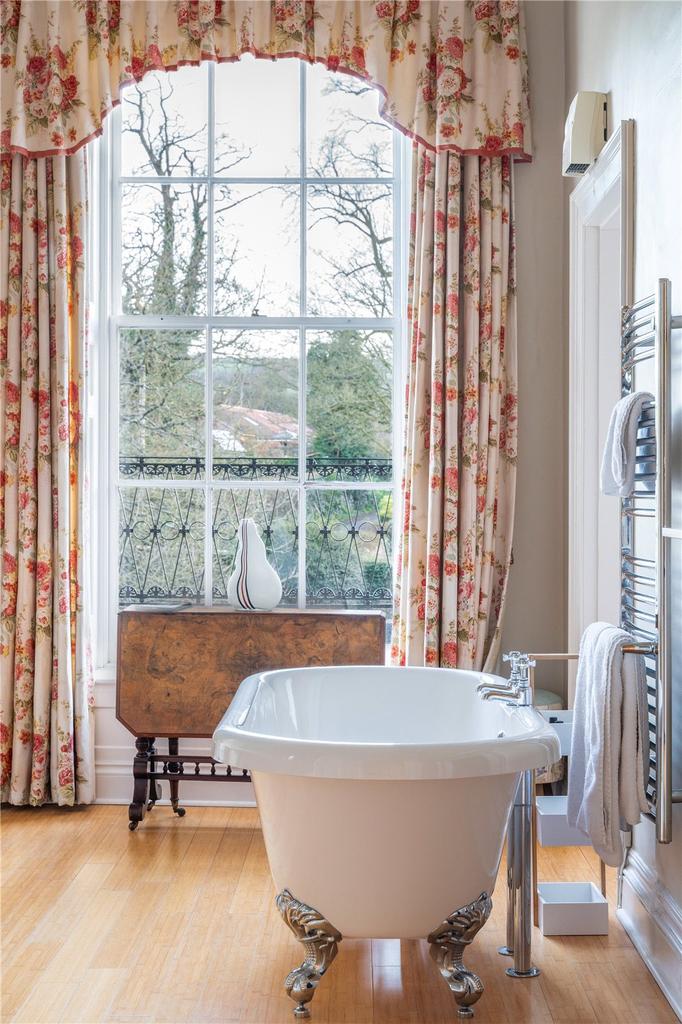
Further accommodation is available in the two-bedroom Laundry Cottage, which adjoins the Victorian stableyard, and the enchanting treehouse, which was built in 2011 and is currently rented out for holiday lets.
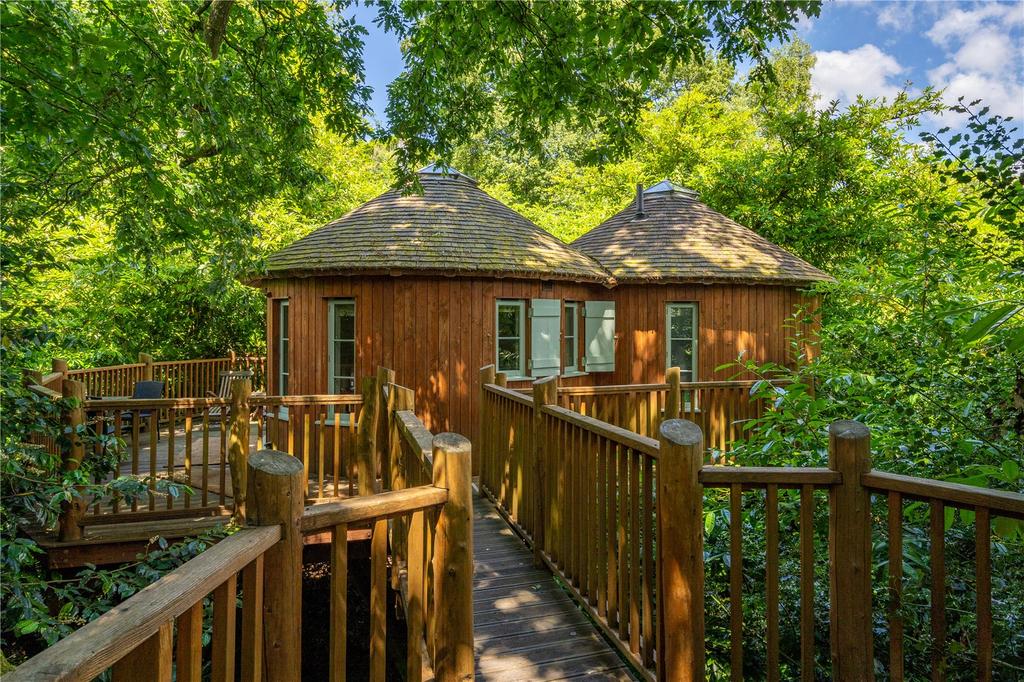
A range of former farm buildings out of sight of the main house are considered suitable for residential development, subject to planning, whereas a series of Victorian greenhouses in the centre of the walled garden, if restored, would be magnificent once again.
Harptree Court is for sale at £6.75 million via Knight Frank and Savills — see more pictures and details.
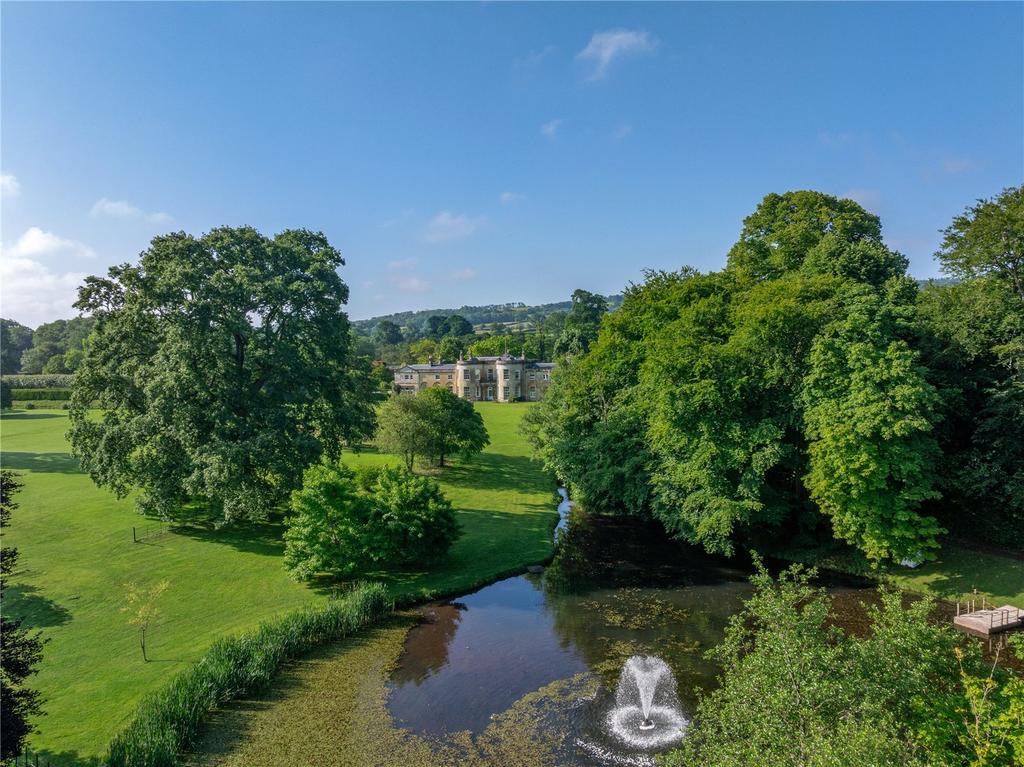
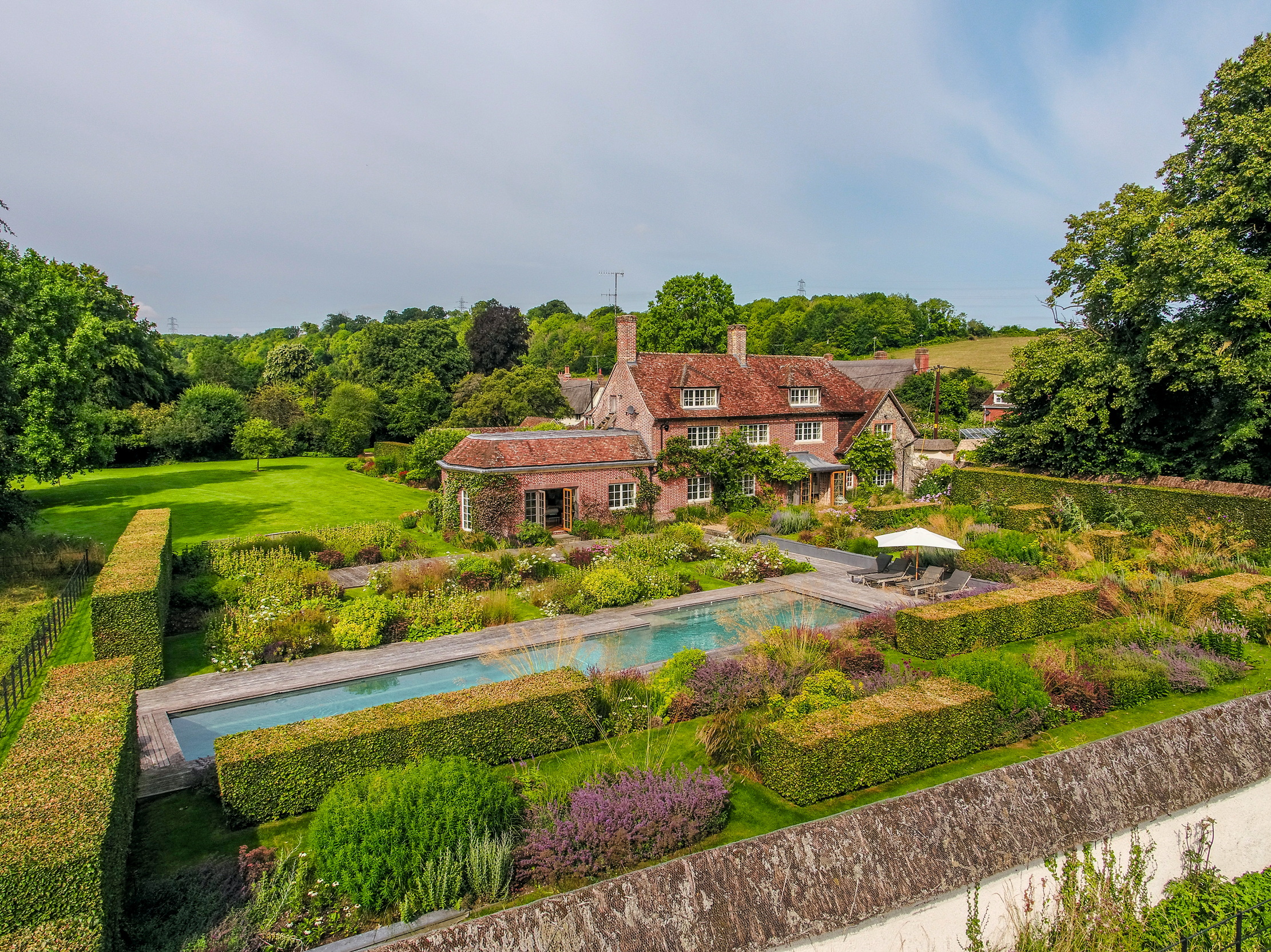
Credit: Strutt and Parker
Best country houses for sale this week
An irresistible West Country cottage and a magnificent Cumbrian country house make our pick of the finest country houses for

